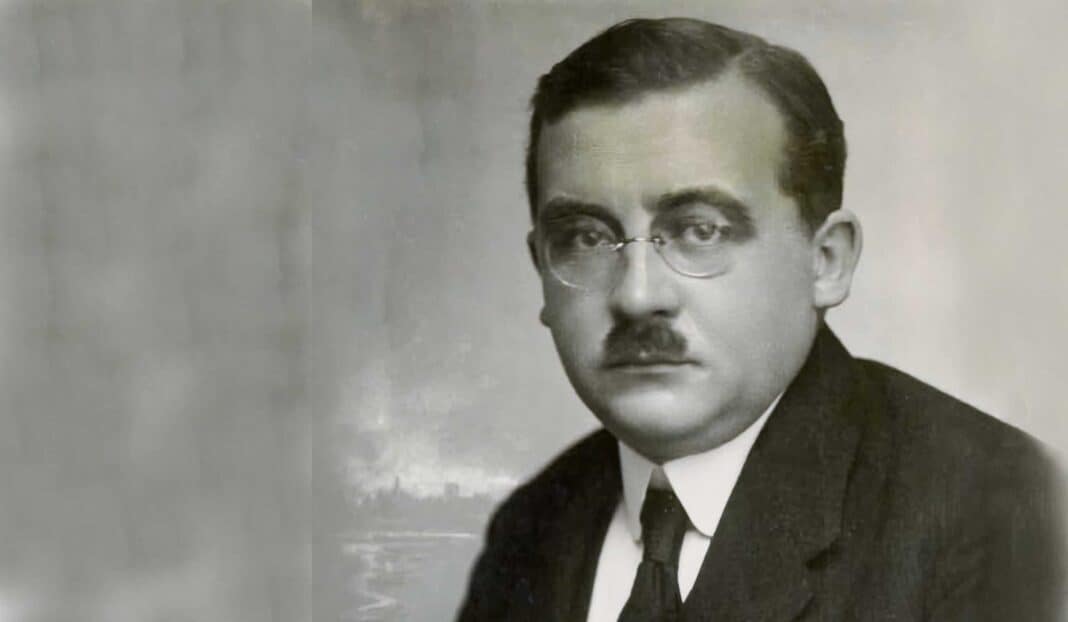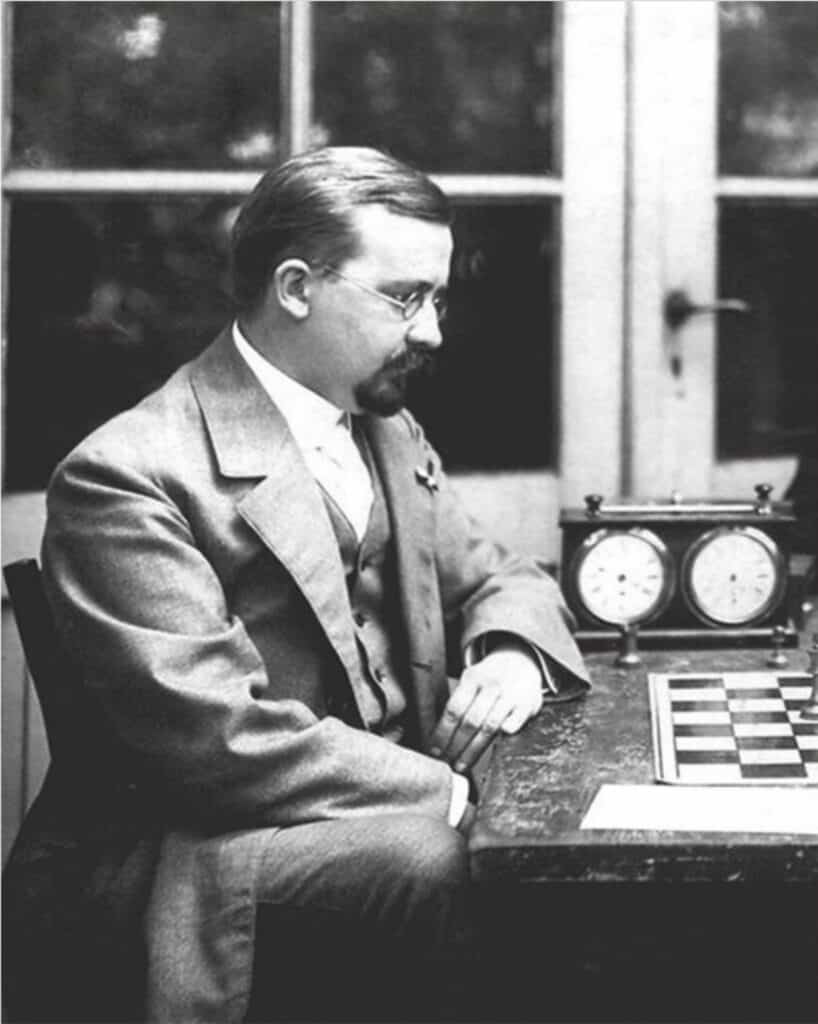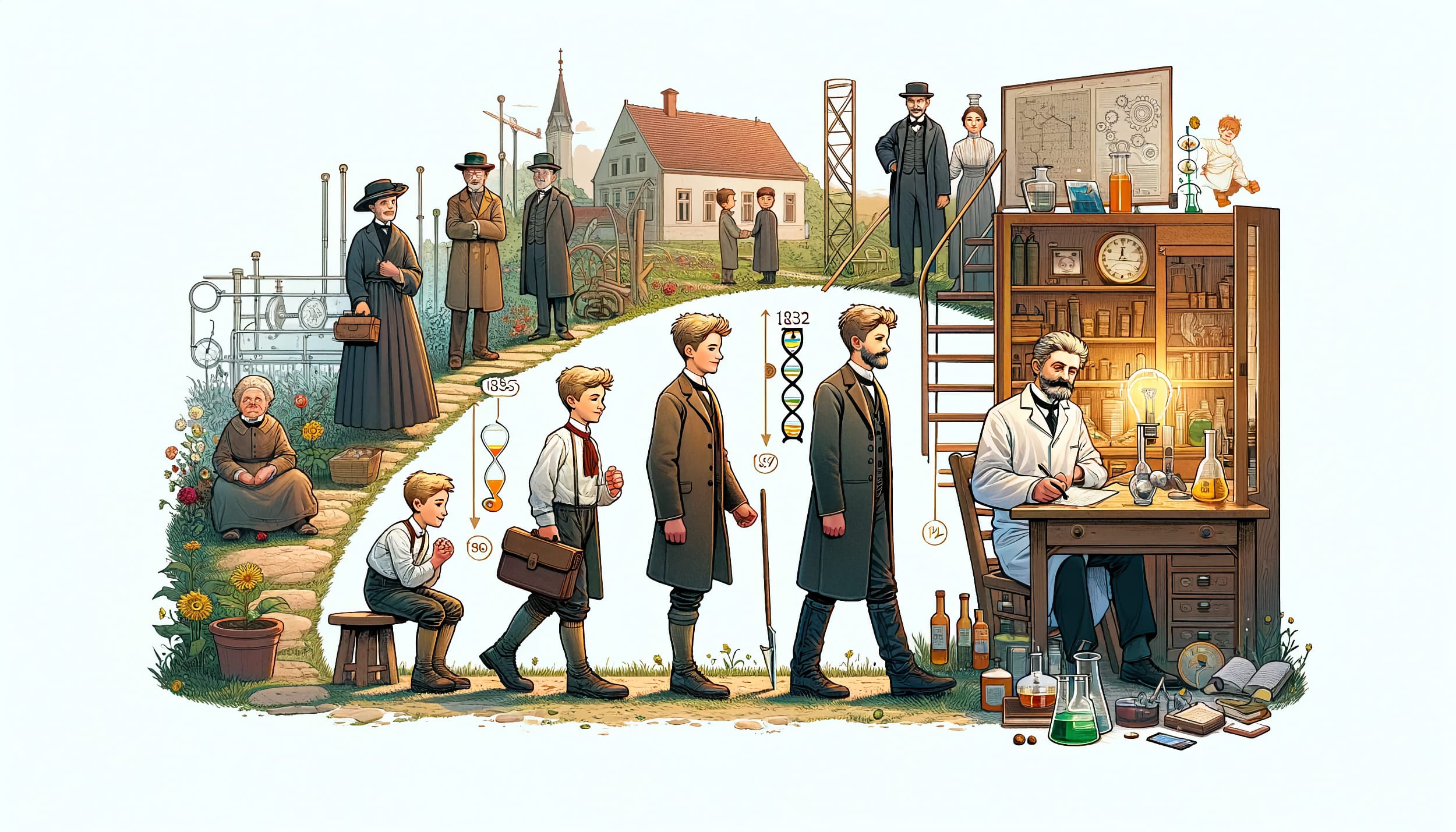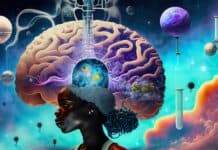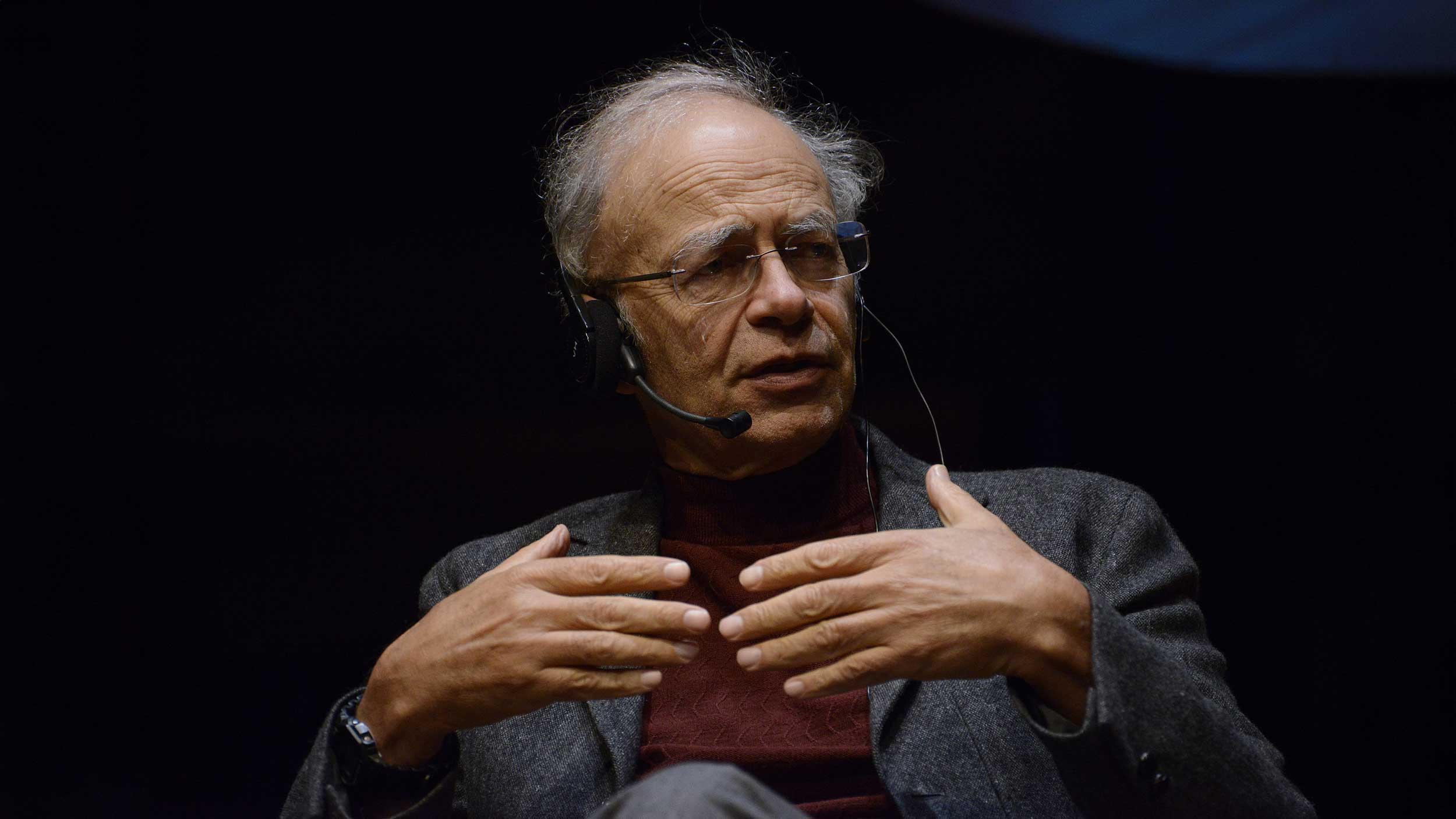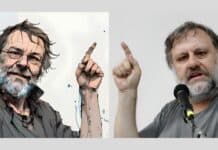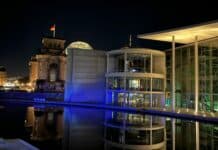Milan Vidmar was one of the most important Slovenian intellectuals of the first half of the 20th century. He was not only a renowned expert in electrical engineering and one of the best chess players in the world, he also had a deep insight into the problems of local and global society at the time. He has written many books and has worked hard to improve the intellectual self-esteem of his compatriots.
He was born in 1885 into a relatively wealthy family in Ljubljana. He always had a great respect for his capable and enterprising “mammy”, as he called her in his Memoirs. Indeed, it was she who ran the family business and was his main ally throughout his life. She provided him with the money to buy his first books, supported him during his studies, and later lent him money to attend major international chess tournaments.
In Milan’s youth, the Vidmar family moved into a house with a large garden on Zvonarska Street below the Ljubljana Castle. As he recalls, at the time, this part of the city was one big, untouched meadow where a child could play without a care in the world. At the end of the 19th century, Ljubljana was much smaller than it is today and much more neglected.
With an excellent memory, he managed to pass his final exams early
Milan’s partially paralyzed arm made him feel self-conscious, but he compensated for his physical handicap with a sharp mind and a remarkably good memory. Provincial Ljubljana had become too boring for him in his teens, so he decided to graduate early from the seven-year secondary school, despite attending an eight-year gymnasium. As the final exams were very difficult, no one had ever managed such a feat before. Although his teachers did not support him in his attempt to finish school early, he nonetheless persisted and succeeded.
After graduating from secondary school, he enrolled at the University of Vienna, where he began studying mechanical engineering in 1902. He graduated five years later and obtained his PhD at the age of 25. After his studies, he worked as an engineer in several Austrian electrical machinery factories, where he quickly built a reputation for his bright ideas and extensive knowledge. His central and most internationally acclaimed professional work is the thick book Transformers, published by Springer in Berlin in 1921 and later in Russian translation.
Milan Vidmar claimed that his life had been a two-track ride. He was an electrical engineer by profession, but he also devoted a lot of time and energy to chess, which was more than just a hobby for him. He started playing chess with a classmate during school breaks and soon developed a passion for the game. At first they didn’t even have chess pieces, so they drew the chessboard on paper and wrote the pieces in the boxes with a pencil. Being extremely talented, he progressed very quickly and first became the best chess player in Ljubljana, and then, during his studies, he regularly went to the chess club in Vienna, where he played with the best chess players for money.
He quickly rose to the title of grandmaster after winning several international tournaments. For several years, he was one of the few amateurs who were ranked among the best chess players in the world. In a few high-profile tournaments, only the then world champion José Raúl Capablanca managed to beat him.
The birth of the University of Ljubljana
In his Memoirs, he gave a very graphic account of the moment when he learned that the University of Ljubljana had been founded. He was in the midst of tough negotiations with striking workers at the Machine and Foundry Factories, where he was then the headmaster. As the strike had been going on for two months, the provincial government appointed the mining chief as mediator between the workers and the factory management. They met in his office on 31 August 1919, but the negotiations were not able to break the deadlock.
“Around 5 pm, a servant brought the latest issue of the local newspaper into the room and placed it in front of the mining chief. The man involuntarily, apparently forgetting his predicament for the moment, began to look at the front page of the newspaper. Suddenly, he looked up in surprise and shouted: ‘Read this news, Doctor.’ He pushed the newspaper across the table and put his finger on the spot I was supposed to be interested in.
I was very interested, surprised, even upset. Suddenly I was somewhere outside the factories, the administrative councils and the strikes. I read that on 23 July the Yugoslav government had decided to establish a university in Ljubljana with five faculties, including a technical faculty in addition to the four classical ones, and that it had just appointed sixteen full professors and one associate professor. I have read the names. Among them, as if I had been struck by a bolt from the blue, I saw my own. So, on the last day of August 1919, I became a full professor of the Faculty of Engineering of the newly born, so long missed, so slowly coming Slovenian university. It is interesting to note that before this appointment no one had asked me whether I wanted to follow an academic career, nor had anyone ever demanded a so-called curricula vitae from me.”
The professors, appointed by the Yugoslav government, soon met and elected mathematician Josip Plemelj as rector. As Milan Vidmar recalls, he gave his first lecture in Slovenian language in May 1919 as part of a trial university course. The event was of such great symbolic significance that it was attended by the President of the Provincial Government, the Minister of Education and the Vice-Mayor of Ljubljana.
Chess moves to preserve the university
When Milan Vidmar became rector of the University of Ljubljana in autumn 1928, the country faced a serious political crisis. On 6 January 1929, King Alexander I Karađorđević abrogated the constitution, dissolved parliament and took power. During the dictatorship, the country was centralized and plans were made to abolish some of the faculties of the University of Ljubljana.
Milan Vidmar, as rector, responded to the authorities’ intentions with a well-thought-out plan worthy of a chess grandmaster. He went to Belgrade and asked for an audience with the king. When he was alone with the King, he said to him: “I would like to ask permission for the Slovenian University to take Your Majesty’s name: Universitas Alexandrina.” When he had won the King’s favor, he suggested that the theological and medical faculties should not be abolished as planned. “It seems to me important to educate the Slovene clergy publicly, under supervision, so to speak, in the university and not in stuffy seminaries,” he added.
Because his intervention with the king saved the theological faculty, senior church dignitaries returned the favor a few years later. Although he was an atheist, according to the laws of the time, there was no way he could end his unhappy marriage with his German-born wife. He had been litigating for a long time, but could not break off the marriage because his deeply religious wife objected to the divorce. When he was in despair, the then Bishop of Ljubljana amicably advised him to formally convert from Catholicism to Orthodoxy. The divorce was thus carried out without any problems in Zagreb and was recognized by the official secular authorities.
On the meaning and tasks of a university
Based on his own experiences from his youth in Ljubljana, Milan Vidmar remembered very well how widespread the feeling of inferiority was among his compatriots in the 19th century. In his Memoirs, he wrote that they were oppressed by “German officials and craftsmen on the one hand, and Catholic priests on the other”. As he says, it was only “the heroic struggles of our partisans during the Second World War that struck a powerful blow at the former servant poisons in the body of the Slovenian nation”.
In his 1929 speech as Rector on the occasion of the 10th anniversary of the University of Ljubljana, he emphasized that the importance of a university is not only to advance science and educate experts. It is also important because it establishes common intellectual values and habits in the local linguistic and cultural environment. These values and habits are crucial for a successful public exchange of arguments and for the normal functioning of a democratic society.
“You ask me what I think about the importance and the tasks of our university. Just a few words: our university has, like all other universities, two main tasks; the education and scientific work. At this point, however, it is important to emphasize something else: we do not need this university just for the sake of learning and science. We need it because it is ours and because no foreign university can give our youth the mindset that ours does.
(…) Our university-educated citizens must also think, speak and write scientifically in our own way. I can repeat to you what I said recently to His Majesty the King: all the difficulties that our country has, stem from the fact that our people, and in particular our university-educated citizens, are so different in their mindsets.”
